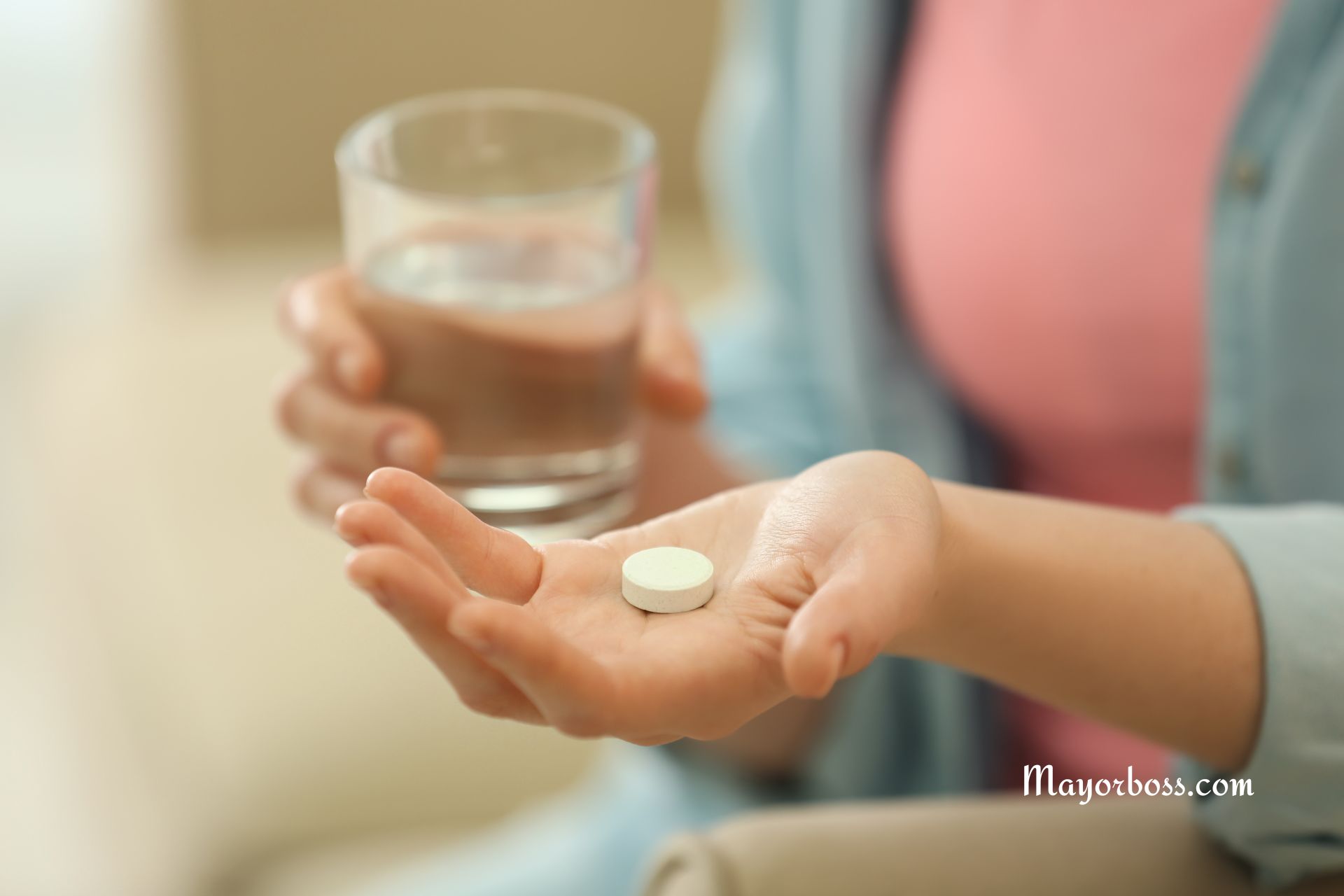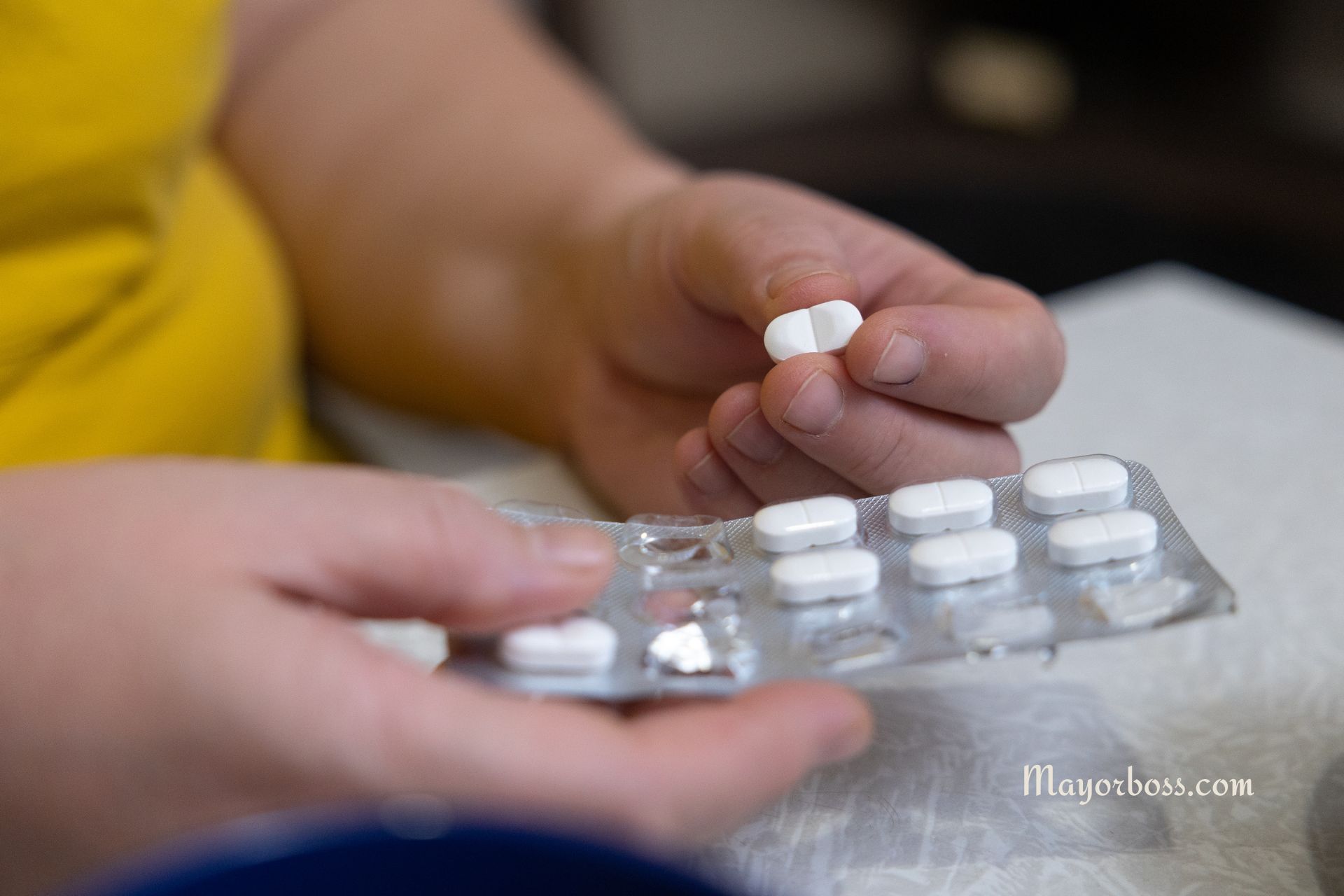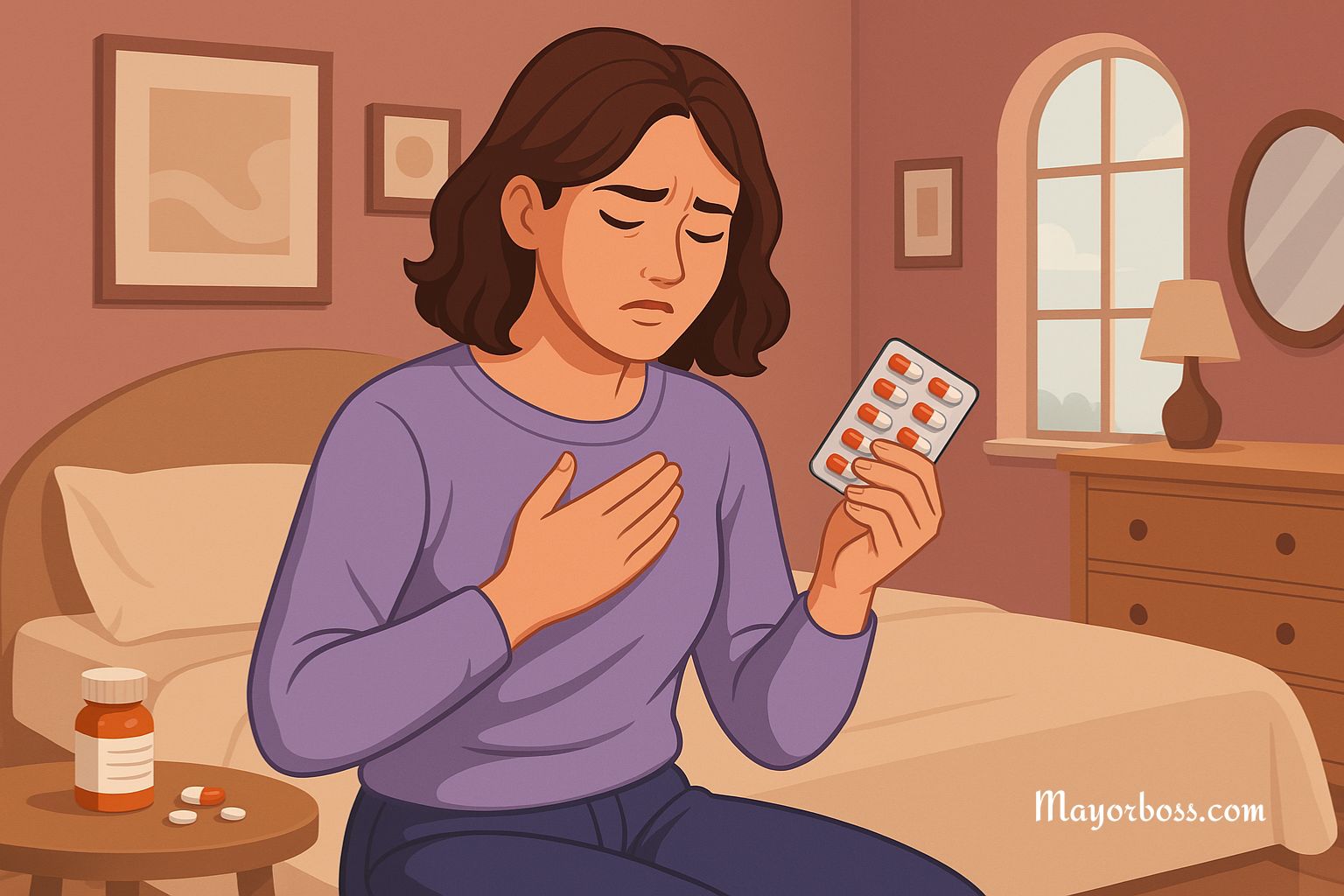Can You Get Antibiotics Over the Counter?
You may have heard that you can get antibiotics over the counter, but is this true? Let’s take a look at what antibiotics are, how they work, and whether or not you can get them without a prescription.
What Are Antibiotics?
Antibiotics are medications that are used to treat infections caused by bacteria. They work by killing the bacteria or preventing them from growing. There are many different types of antibiotics, and each one is effective against a different type of bacteria.
How Do Antibiotics Work?
Antibiotics work by either killing the bacteria or stopping them from reproducing. When the bacteria is killed, the infection is usually cured. When the bacteria are prevented from reproducing, this gives the body’s immune system a chance to kill the bacteria and cure the infection
Can You Get Antibiotics Over the Counter?
The answer to this question is no; you cannot get antibiotics over the counter. For antibiotics to be safe and effective, they must be prescribed by a doctor or other healthcare professional. This is because each person’s infection is unique, and only a healthcare professional can determine which antibiotic will be most effective for you.
ALSO READ: 14 Natural Antibiotics to Help Fight Bacterial Infections
Why we should not take antibiotics without consulting a doctor?
Taking antibiotics without consulting a doctor can be dangerous for several reasons. First, if you take antibiotics for an infection that is not caused by bacteria, they will not work and may even cause harm. Second, taking antibiotics unnecessarily can lead to the development of antibiotic resistance. This occurs when bacteria adapt and become resistant to the effects of the antibiotic. When this happens, the antibiotic becomes less effective or even completely useless against that particular bacteria. Finally, taking antibiotics too often can also lead to harmful side effects such as stomach pain, nausea, vomiting, and diarrhea. In other words, it is important to consult a doctor before taking antibiotics, as they can be dangerous if used incorrectly.
Is there an over-the-counter antibiotic you can buy?
The only over-the-counter (OTC) antibiotic available in the United States is topical antibiotics. These are applied to the skin to treat superficial infections such as acne, minor burns, small cuts, and scrapes. You can get topical antibiotics in the ointment, cream, powder forms, or spray.
Over-the-counter (OTC) topical antibiotics include:
- Pramoxine
- Neosporin
- Polymyxin B
- Benzoyl Peroxide
- Bacitracin
- Polysporin
- Neomycin
How To Get Antibiotics
If you think you need antibiotics, the best thing to do is to see a doctor or other healthcare provider. They will evaluate your infection and determine whether or not antibiotics are necessary. If they are, they will prescribe the appropriate antibiotic for you.
In some cases, you may be able to get antibiotics through a hospital or clinic. But, when getting antibiotics through a retail pharmacy, you will need to have a prescription from a healthcare provider. The retail pharmacy will then dispense the antibiotic to you.
There are also some online pharmacies that claim to sell antibiotics without a prescription. However, it is important to be wary of these claims, as they may not be legitimate. It is always best to consult a healthcare provider before taking any medication, including antibiotics.
What are the most common antibiotics?
The most common antibiotics are:
- Ampicillin
- Ceftriaxone
- Metronidazole
- Azithromycin
- Ciprofloxacin
- Erythromycin
- Levofloxacin
- Penicillin
- Tetracycline
- Trimethoprim/sulfamethoxazole
- Doxycycline
Do antibiotics work for viral infections?
No, antibiotics only work on bacterial infections. They will not help you get over a cold or the flu any faster. In fact, taking antibiotics when you have a viral infection can do more harm than good. That’s because when you take antibiotics, you’re also killing off the good bacteria that live in your body. This can lead to side effects like diarrhea and yeast infections. So save the antibiotics for when you really need them.
How do I know if I need antibiotics?
Typically, your doctor will perform a test to see if you have a bacterial infection. If you do have a bacterial infection, your doctor will then prescribe the appropriate antibiotic.
How long does it take for antibiotics to work?
The length of time it takes for antibiotics to work can vary depending on the type of antibiotic and the severity of the infection. In general, most people start feeling better within 3-5 days after starting their antibiotic regimen.
Can I take other medications while taking antibiotics?
Yes, you can take other medications while taking antibiotics as long as they are not interacting with each other. Be sure to ask your pharmacist or doctor if you have any questions about medications that may interact with each other.
Are there any side effects from taking antibiotics?
Yes, there can be side effects from taking antibiotics. The most common ones are diarrhea, abdominal pain, nausea, and vomiting. In some people, antibiotics can also cause dizziness, rash, indigestion, loss of appetite, or yeast infections. If you have any severe side effects, you should stop taking the antibiotic and call your doctor right away.
Where can I get more information about antibiotics?
If you have any questions about antibiotic resistance or how to properly take antibiotics, please ask your healthcare provider or pharmacist.
The bottom line
Antibiotics cannot be bought over the counter; they must be prescribed by a doctor or healthcare professional. If you think you have an infection, make an appointment with your doctor as soon as possible so that you can get started on treatment.
Also read: How to Save Money on Your Health Care






